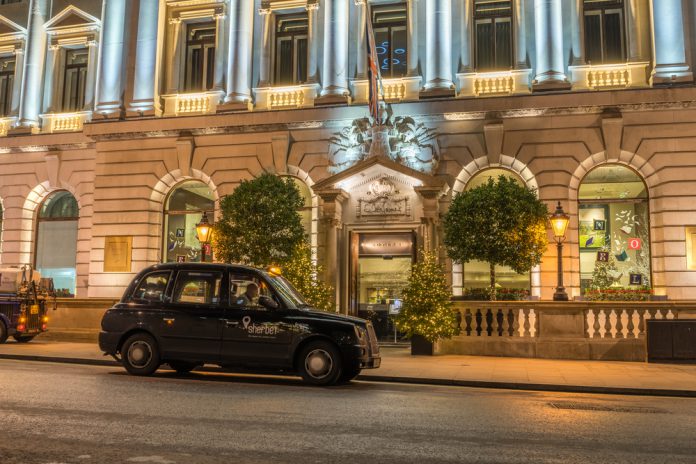Just three days after its launch, ride-hailing app Taxify has been ordered to halt all rides in the capital.
Transport for London said the controversial Uber rival did not have the proper private hire licences to operate within the city.
Taxify was founded in 2013 in Estonia and promises cheaper journeys for consumers, as well as better pay and conditions for drivers. The app had a promising launch in London, with 30,000 downloads in the first three days.
“They are openly advertising but don’t appear to have a licence to operate,” said Labour MP Wes Streeting.
Transport for London has opened up an ‘urgent investigation’, giving the following statement:
“The law requires private hire bookings to be taken by licensed private hire operators at a licensed premises, with appropriate record keeping. Taxify is not a licensed private hire operator and is not licensed to accept private hire bookings in London. TfL has instructed Taxify to stop accepting bookings and it has done so.”
Taxify responded to the statement:
“Taxify is a technological platform for customers to hail rides from City Drive Services, a licensed London based private hire company. This has been raised as a concern by TfL and in full cooperation, Taxify have temporarily stopped operations to clarify its legal position with the regulator and reach a resolution so that services can return to normal.”
The app also sent a message to drivers, warning to say they were not employed by Taxify if they were stopped by TfL.
“As per your agreement and contract you are not employed by Taxify. Nor do you work for Taxify,” said the message, posted on social media.
London Mayor Sadiq Khan has said he promises a crackdown on private hire cars that are found breaching laws.
“Following an investigation, it was right that TfL took immediate action to instruct Taxify to cease operating. As Mayor I will continue to do everything I can within my powers to drive up standards across the taxi and private hire market, and ensure Londoners can get safely around our city,” he said.
TfL is also in a legal battle with Uber over stringent tests and language requirements.

